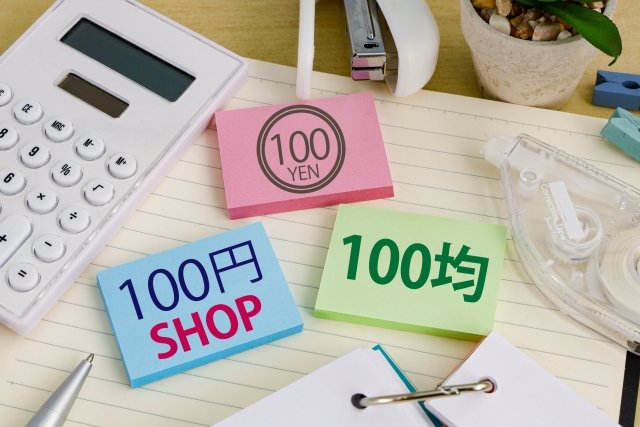When you suddenly fall ill in your home country, you can explain your symptoms and receive treatment at the hospital without any problems.
However, if this were to happen in Japan, a foreign country, you would not be able to accurately communicate your symptoms, nor would you be able to understand the explanations given by the receptionist or doctor.
In such a situation, it is extremely difficult to suddenly master Japanese, but if you know at least “words commonly used in hospitals” to some extent, communication will be much smoother.
In this article, we would like to explain “how to explain symptoms in Japanese at the hospital when you are sick.

Click here to learn Japanese language with the best one-on-one Japanese tutoring lessons in online.
Contents
If you cannot explain your medical condition in detail, you will not receive the correct treatment.
You never know when or what kind of illness a person will get.
In case of a sudden illness that requires urgent care, you need to call “119” and request an ambulance. (You should also be able to describe the symptoms word for word, address, and name when making the request.)
If you have a mild headache, stomachache, or a stuffy nose, it is not an emergency situation, but if you feel that you do not need to call an ambulance but feel quite sick, you should visit a hospital as soon as possible and receive appropriate treatment.
In such cases, if you cannot explain the name of the illness or symptoms at all, the hospital will not be able to provide the correct treatment.
Of course, if you can use English, you should be fine because there should be several people at the hospital who can speak English, but for other languages, you may not be able to communicate your symptoms unless you can explain them in Japanese to some extent.

Japanese commonly used in hospitals
Here is a list of “Japanese commonly used in hospitals.
If you can remember just a few words, you will be able to communicate much more smoothly with the hospital staff.
Types of illnesses and symptoms
Let’s start with the types of illnesses.
Headache (zutsuu)
Used when you have a throbbing pain in your head.
Fever (netsu)
Used to describe a high fever. It is better if you can tell the body temperature, for example, “38.0 degrees (38.0do).
Stomachache (fukutsuu or onakagaitai)
If you have a stomachache, you can say the above words while putting your hand on your stomach to ensure that the pain is understood.
If you have loose stools, say “diarrhea (geri).
I feel tired (Karadagadarui)
This is used when you feel tired due to the symptoms of a cold or the like.
Constipation (benpi)
This word is used when you feel constipation, which is the opposite of diarrhea.
Phlegm (tan)
When phlegm is entangled or colored, simply being able to say “phlegm” should be enough to convey the symptoms.
Vertigo (memai)
When you feel dizzy and lightheaded, various symptoms can be suspected, and it will be helpful to identify the illness if you can explain it in Japanese.
When there is pain in a specific part of the body, such as the head or stomach, you can use the phrase “part + itai” to convey the symptoms.
It is also better if you can explain the degree of symptoms by using words such as “dizziness + a little (sukoshi),” “dizziness + painful (tsurai),” or “dizziness + very painful (totemotsurai).

Remember to use the phrases “○○っぽい” and “○○気味 (○○気味)
When describing symptoms at a hospital in Japan, it is even better if you can describe the degree of your symptoms.
For example, if you can somehow determine the name of the disease by yourself, you can say, “XX-ish (XXppoi).
This will make it easier for the hospital to identify the symptoms.
For example, if the hospital can determine the name of your illness, you can tell them that your symptoms are “XX-ish” (XX-ppoi).
Words often used by hospitals to describe symptoms
However, there is another problem: “I don’t understand the hospital’s explanation.
However, another problem is that the hospital staff may say, “I don’t understand the explanation. (itsukaradesuka?)”
Doctors will always ask you when the symptoms started.
If you remember this Japanese, your visit to the doctor will go smoothly.
Please show me your throat (nodowomisetekudasai)
In the case of a cold symptom, the doctor will always check to see if the back of the throat is strained.
When you are told these words, open your mouth wide and show the doctor the back of your throat.

I will give you some medicine (kusuriwodasiteokimasu).
If you hear this phrase, you can rest assured that the doctor understands the symptoms of your illness and will give you the right medicine for it.
In Japan, you do not receive medicines directly from the hospital, but at a “dispensing pharmacy” near the hospital.
When you pay your bill at the hospital reception desk, you will be given a “prescription” form to take to the dispensing pharmacy, so you should submit it to the pharmacy when you leave the hospital.
Conclusion
In this article, we have explained “how to explain your symptoms in Japanese at the hospital when you get sick.
If you become ill in a situation where you do not know much Japanese, you may feel quite anxious.
However, if you remember some of the Japanese words listed here, such as symptoms of illness, you should be able to receive appropriate treatment.
By all means, remember this information in case you get sick.
Related article:










